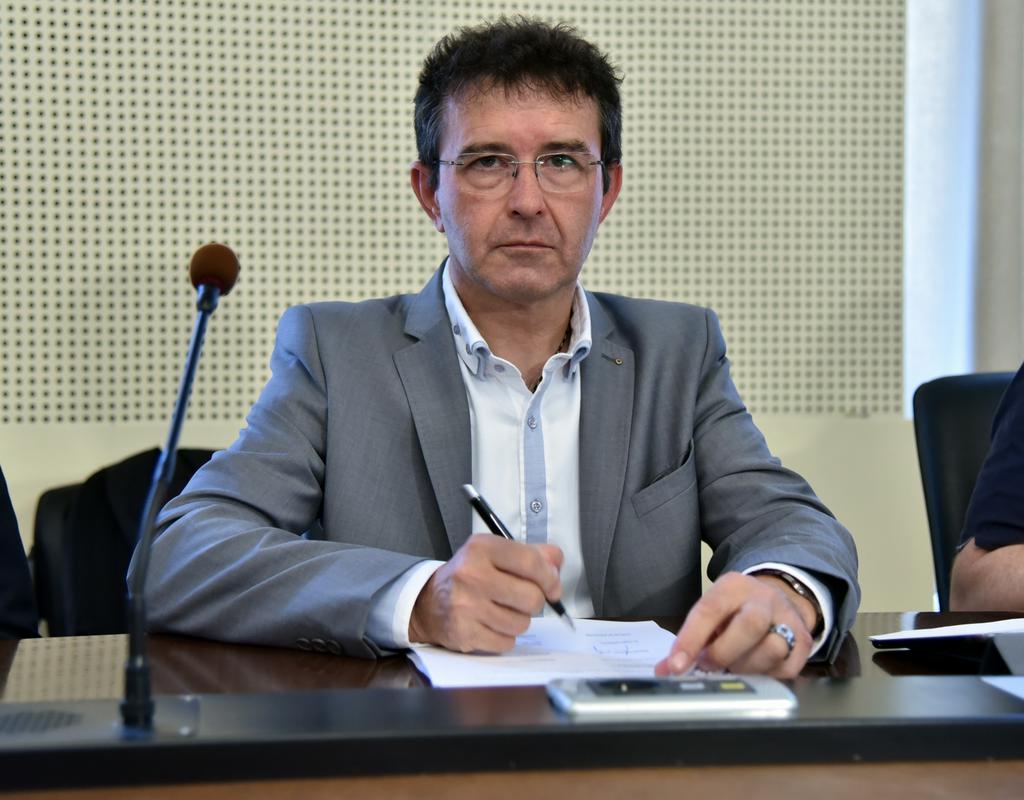
The Minister of Public Administration, Boris Koprivnikar, says that 95% of Slovenia’s public sector employees get promoted with the highest possible marks, 4 and 5. From that one would assume that we have one of the best public sectors in the world, which is of course not true.
By reforming the pay system Mr. Koprivnikar wants the salaries of public sector employees to be determined by the results of their work. Minister Koprivnikar said that Slovenia has a seniority-oriented pay system, where one is automatically promoted, while the work of public sector employees is assessed subjectively. The difference in pay for the same job between a young employee just employed in the public sector, and an employee just before going into pension, can stand at around 40 percent.
Koprivnikar added that according to the latest publication by the Umar - Institute of Macroeconomic Analysis and Develpoment, called “Slovenian Economic Mirror”, salaries in both the public and private sector are on the rise. It is true that in the last two years salaries in the public sector have risen far quicker than those in the economy, but during the crisis, and especially in the year 2012, it is also true that state salaries were cut the most. During the crisis the budget for the state administration was lowered by almost 10 percent; salaries were also lowered by the same percentage. However Koprivnikar highlights an important fact that the share of GDP earmarked for the public sector (including the state administration) is comparable to that of the developed European countries. He adds that even more essential is how efficient the public sector is i.e. how fast it reacts to the needs of the country’s economy and how it uses its share of GDP.
Regarding the digital transformation of the public sector Minister Koprivnikar assures that Slovenia is already overtaking Estonia, considered a very digitally advanced country, in many areas. Estonia is also the first country in the world to have used Internet voting in its parliamentary elections. The key to successful electronic voting is in e-identities, says Koprivnikar, who is happy that they managed to set up new, user-friendly and modernized identification machines at the end of last year. "We don’t have ID cards with chips inside, but we do have electronic certificates, which can be installed by anyone on their computers free of charge. For example, with the certificate one can identify himself when accessing the e-uprava (e-administration). That’s the basis on which we will work towards having an electronic voting process, which is not at all simple. Electronic voting would be held parallel with classical voting. That means that all the polling stations will have to be equipped with machines which would verify whether the vote we cast electronically has been received. This year we plan to test a pilot model of direct democracy, but not during elections. We would test it on a local level during the holding of a local referendum. Electronic voting is the last step towards introducing e-democracy. Even today citizens can voice their opinions on the e-uprava web portal. Compared to Estonia we have the advantage of having a better communication system within the state administration, of having one of the most modern state cloud computing systems - which the Estonians don’t have, and of being able to connect tens of databases through direct communication. For example, if you file an application for social benefits today, a computer would look into 54 databases to establish whether you are entitled to receiving social benefits. We have already received a United Nations award for our system."
In his interview for MMC, Minister Koprivnikar also touched on the possible arrival of Uber in Slovenia, which has angered unions. Mr. Koprivnikar stressed that Uber could enter the Slovenian market only when it fulfills all the legal conditions.

































































